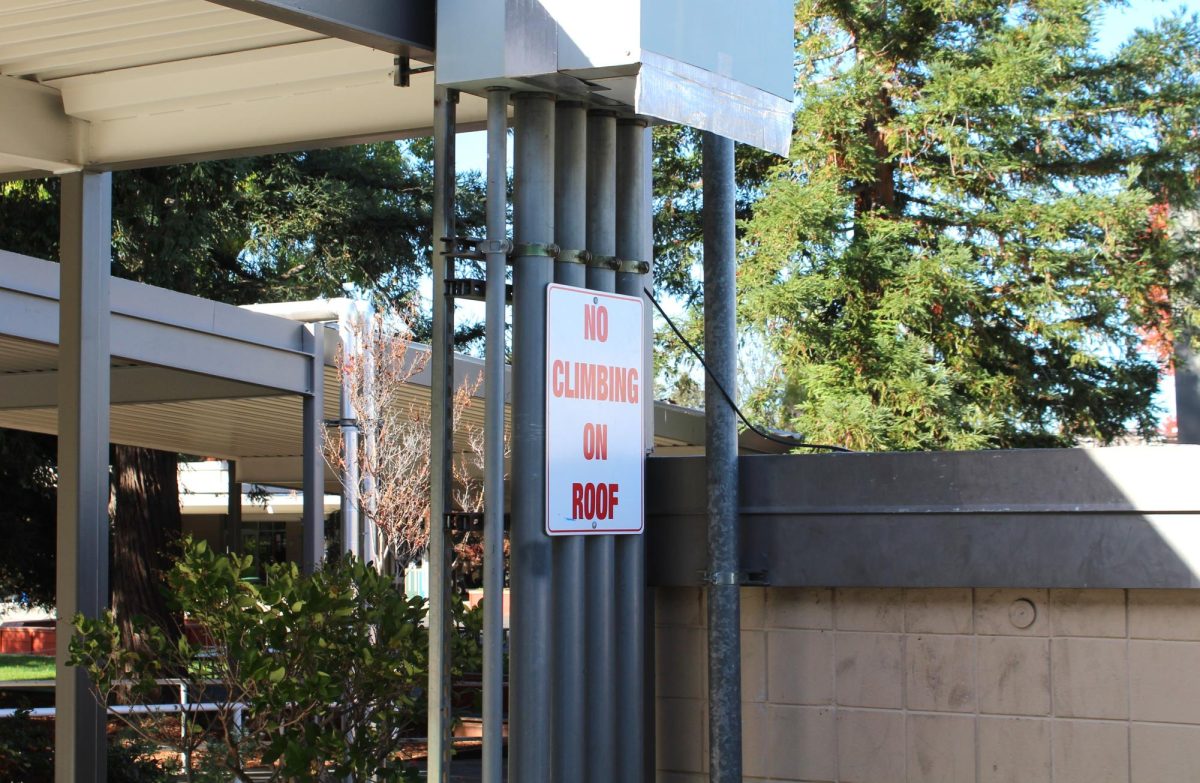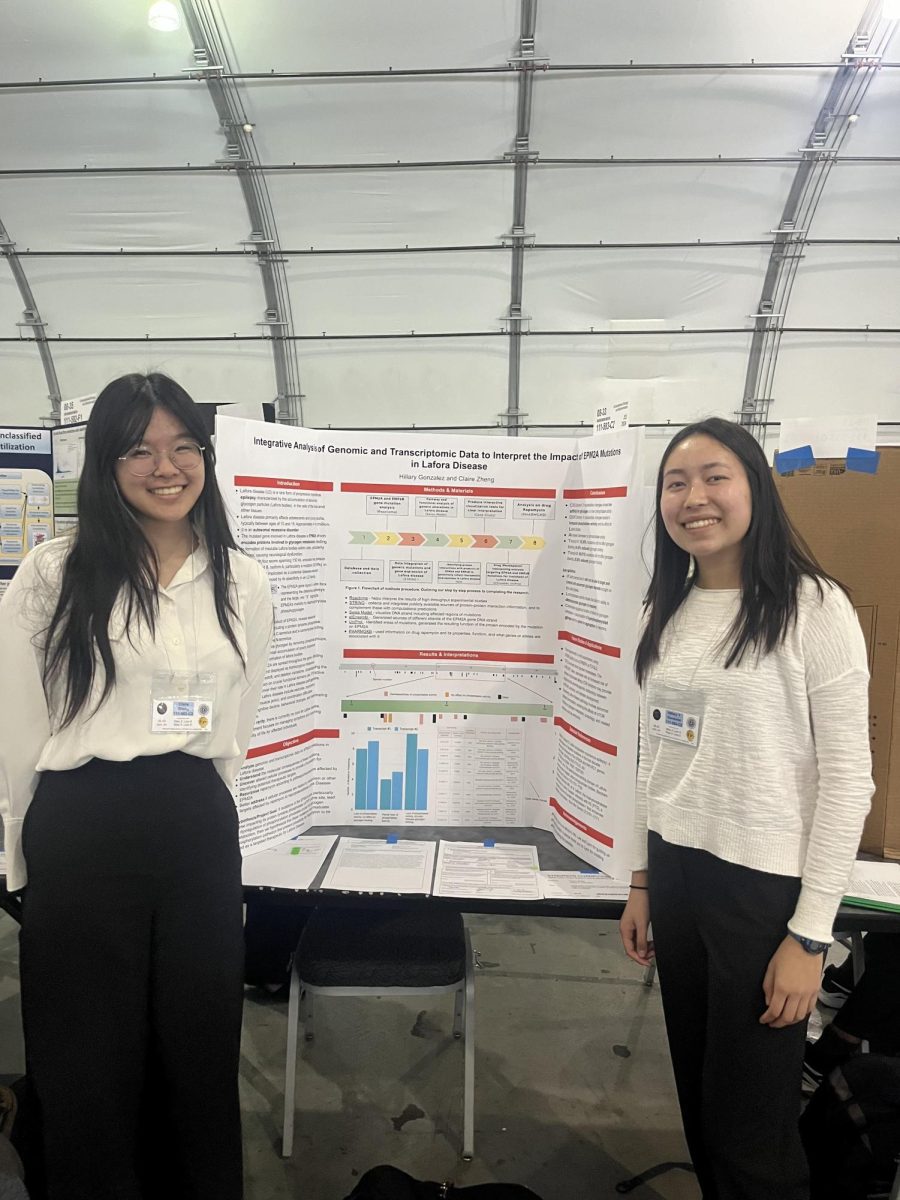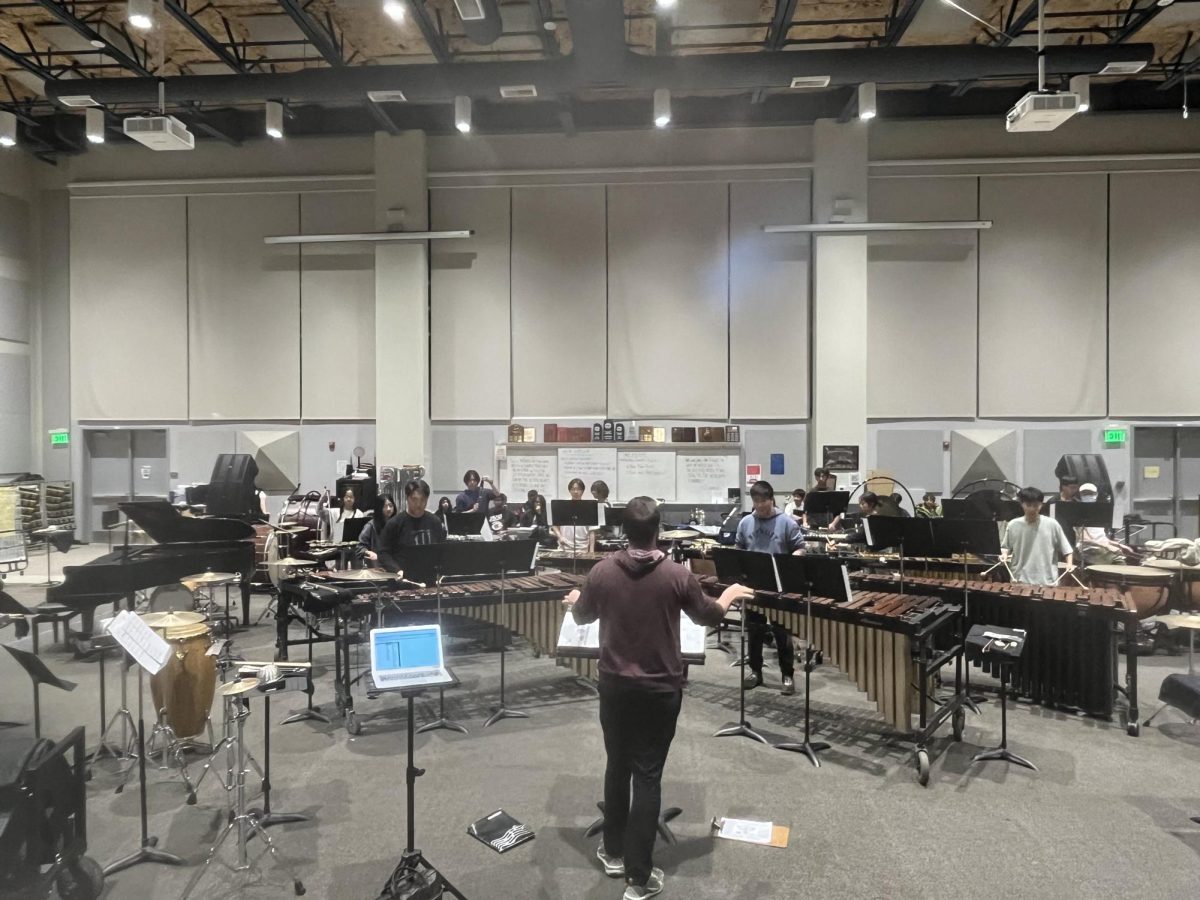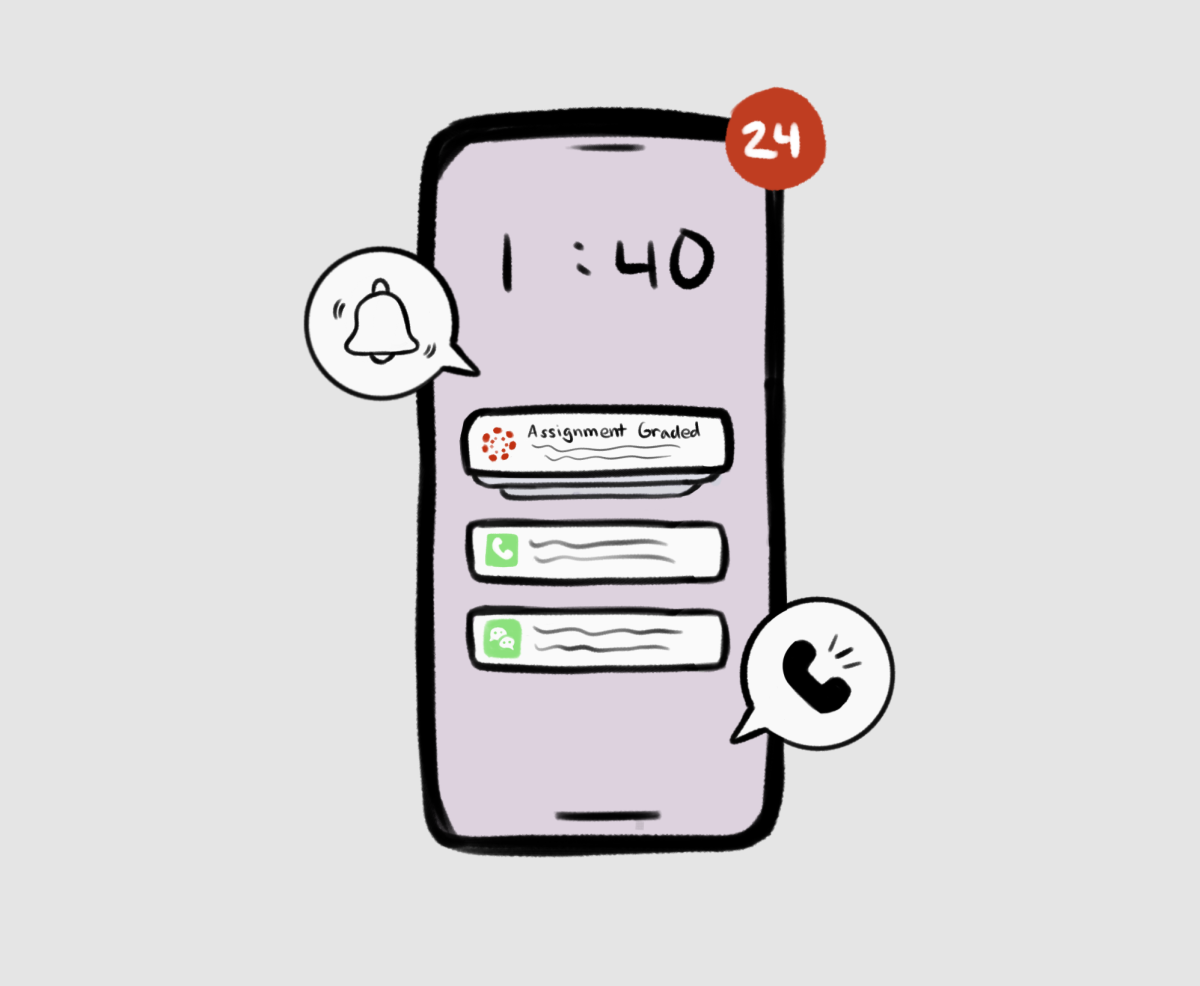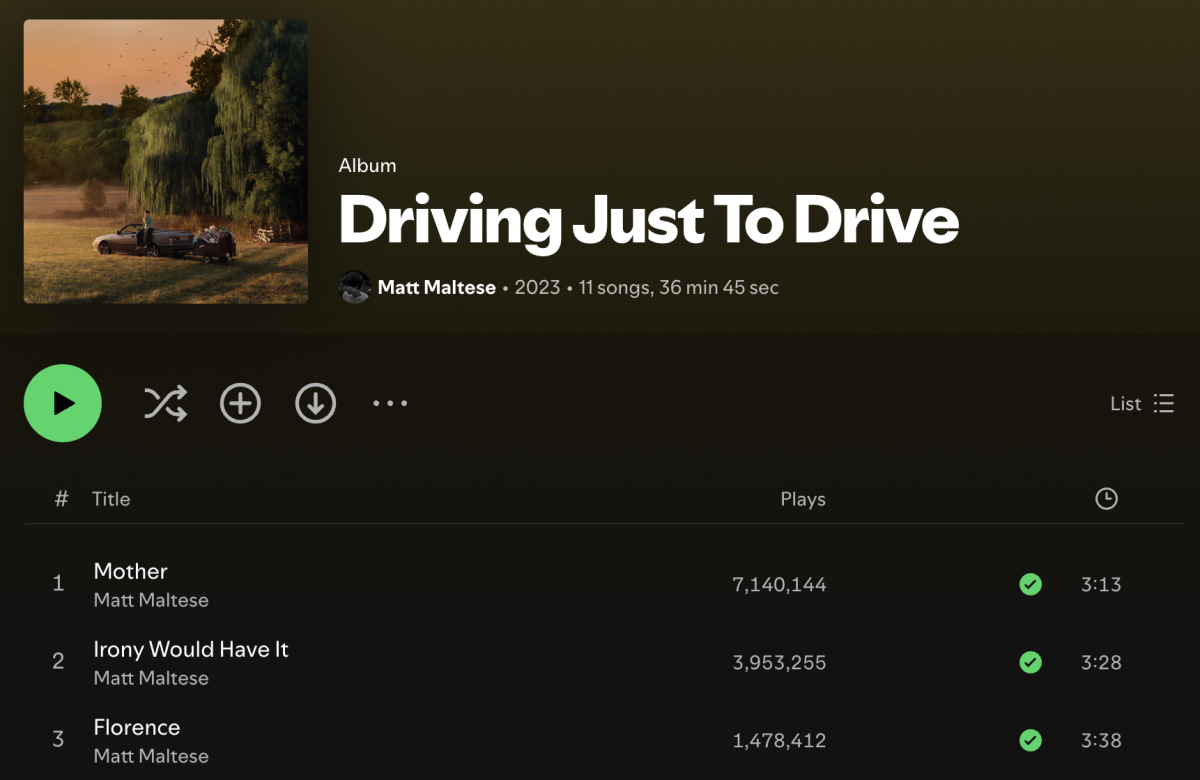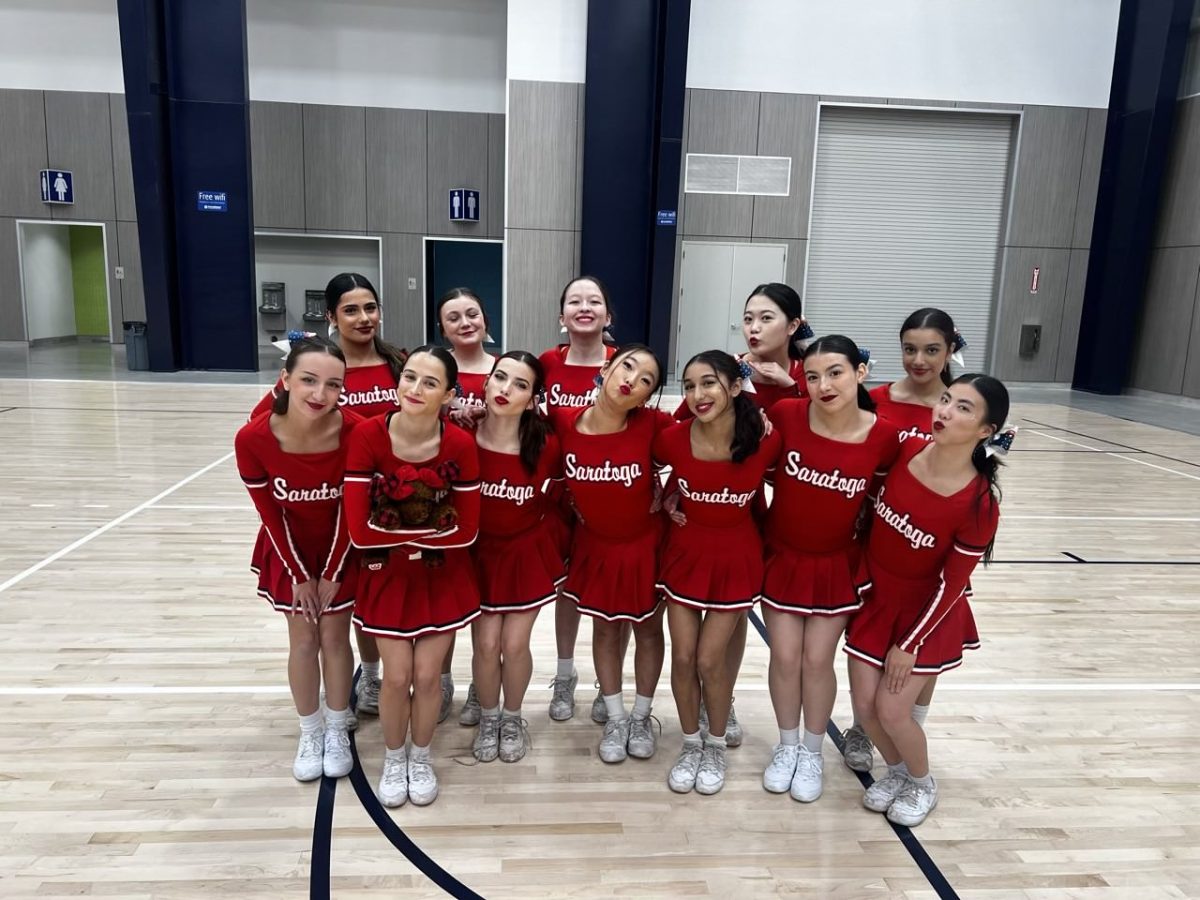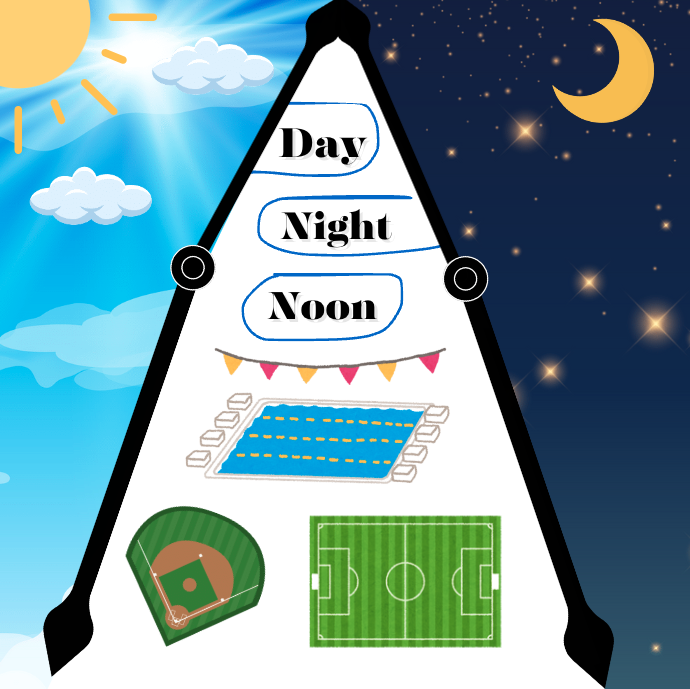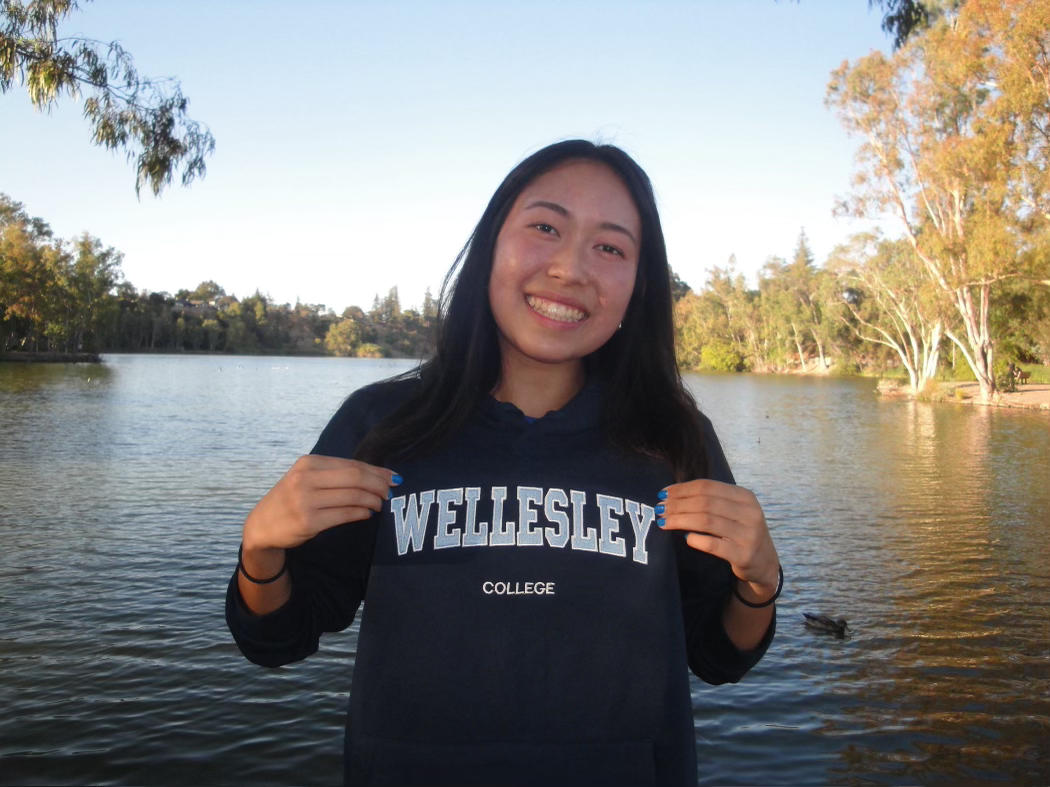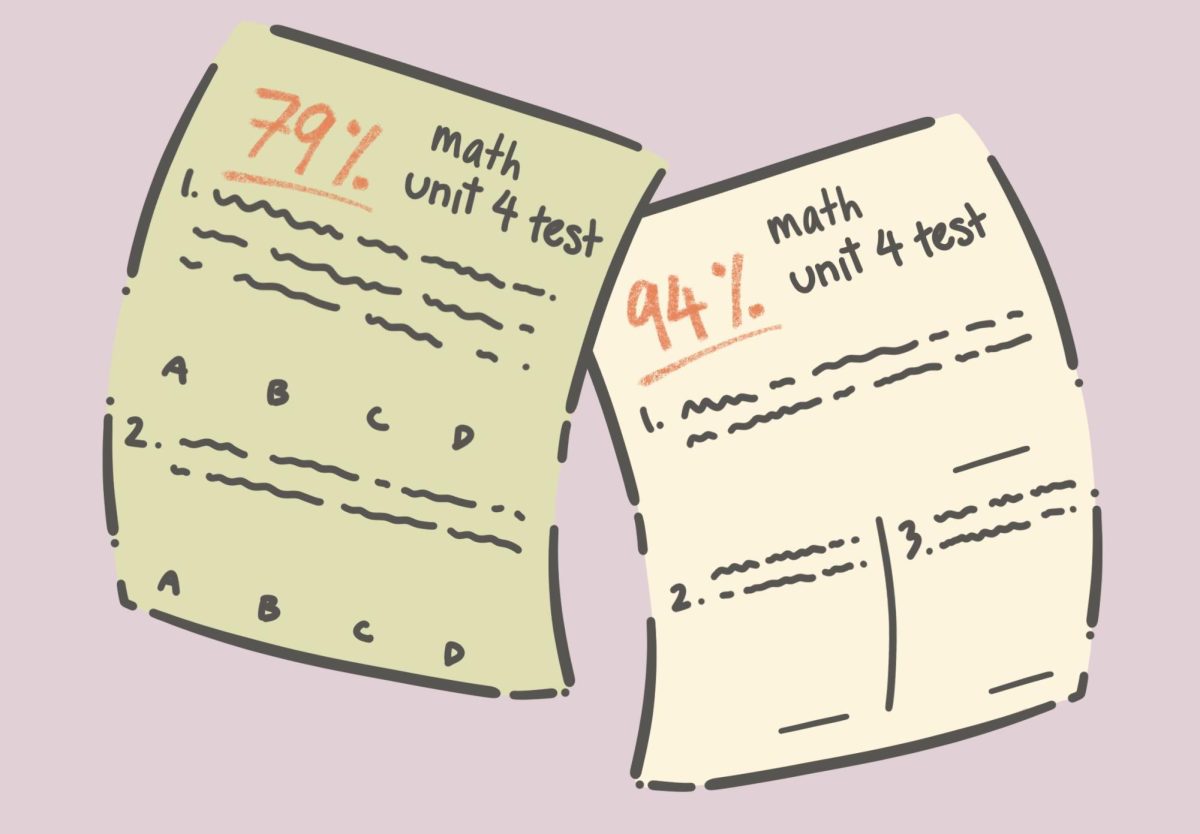The school is providing free COVID-19 PCR testing for students and staff at the health office every Tuesday from 8:30-10:30 a.m. and Thursday from 2-4 p.m.
Saratoga High students may also go to the Los Gatos High health office on Tuesdays from 2-4 p.m and on Thursdays from 8:30-10:30 a.m.
PCR (Polymerase Chain Reaction) is a lab technique that tests for the genetic material of the COVID-19 virus, and it is considered the most accurate test available by a Yale Medicine infectious disease specialist.
Any student or staff member may take the optional PCR test, provided by Inspire Diagnostics, and notifications will be sent to those required to take the test — for example, if they were recently in close contact with someone who contracted COVID-19.
According to assistant principal Brian Thompson, students who fail to complete their Screener-19 may be pulled out of class to take the test.
In order to speed up on-site testing, students are asked to sign up using this link, and walk-ins are also available. The health office will have a QR code with these links if a student has not completed this form. Students and staff will receive their test results within 24 to 48 hours at the email they registered with.
Thompson said the school is providing PCR testing because rapid antigen testing, a quicker but less reliable COVID-19 test, is no longer accepted by the Santa Clara County Health Department to determine whether a student has contracted COVID-19.
Students who have had close contact with a COVID-19 case must be immediately tested by a rapid antigen test, then tested with a PCR test five days later. Vaccinated students who are asymptomatic during this period may stay at school, although unvaccinated students may not. If a student develops symptoms during this time, they would have to stay home, Thompson said. Additionally, the school encourages unvaccinated students to be regularly tested, though it is not mandatory.
The school hopes to use this testing system to implement surveillance testing: regular testing of 20 percent of the school’s population, or 130 students tested everyday testing is available.
“It would be awesome if we could build this program up and provide the school a means of sampling the community and discovering asymptomatic cases,” Thompson said.

